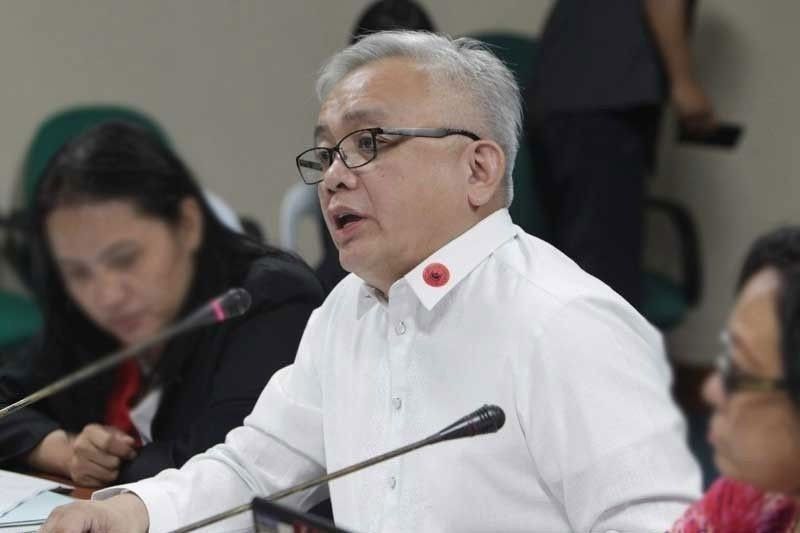Philippines privacy body to meet with Facebook

MANILA, Philippines — The National Privacy Commission (NPC) will meet with representatives of social media company Facebook on Tuesday to discuss the reported surge last week of fake or blank accounts bearing names of legitimate users.
NPC commissioner Raymund Liboro said they would seek more information regarding the supposed mass creation of fake accounts, including those allegedly targeting government critics.
“The NPC is focused on probing the cause of the ‘privacy panic’ triggered by these impostor accounts and instituting remedial measures to protect Filipino Facebook users,” said Liboro.
“The commission is currently coordinating with other government agencies while conducting a separate investigation of this matter,” he added.
Facebook on Thursday said it has so far not found evidence of a sudden surge in the creation of accounts in the country despite the hundreds of reported discovery of blank profiles with their names.
“We continue to review reported accounts and verify their authenticity. At this time, we have not seen evidence of the reported accounts engaging in coordinated or malicious activity focused on creating fake accounts,” the company said.
“We will continue to validate the authenticity of these accounts and prioritize the removal of those that violate our policies,” it added.
The Commission on Human Rights (CHR) expressed grave concern over the matter, saying it could compromise the privacy of users.
In addition to the fake accounts, CHR spokesperson Jacqueline de Guia noted reports of individuals receiving death threats and intimidating messages from blank profiles bearing names of legitimate users.
“Such practices pose a threat to the people’s freedom of speech and expression, as well as the right to express grievance and demand for redress, especially from the government, without fear of getting persecuted,” she said.
Aside from the NPC, the National Bureau of Investigation and the Philippine National Police have also started investigating the matter.
In its latest statement, Facebook said it saw a spike in reports of impersonation and fake accounts instead of evidence of a sudden surge in the creation of new ones.
It said majority of the accounts reported since last weekend have not been recently active, meaning that they are neither posting content, making any friend requests nor sending any messages.
According to Facebook, there are many reasons why an account might appear inactive, such as when it is created by someone who did not use it or there was user error that resulted in the creation of more than one account.
An account may also look dormant if a user chooses not to add a profile photo and set their account to private.
Facebook said it would prioritize removing those that violate their policies, including fake accounts, those that misrepresent people or those engaging in behaviors designed to enable other violations.
The company said it validates the authenticity of dormant accounts, including requiring owners to provide additional information in order to continue using the social media platform.
Until they do, users would not be able to use their accounts to reach out to others. It would be removed if the account owner fails the verification.
Facebook also encouraged users to report any account they believe may be violating policies.
- Latest
- Trending
































